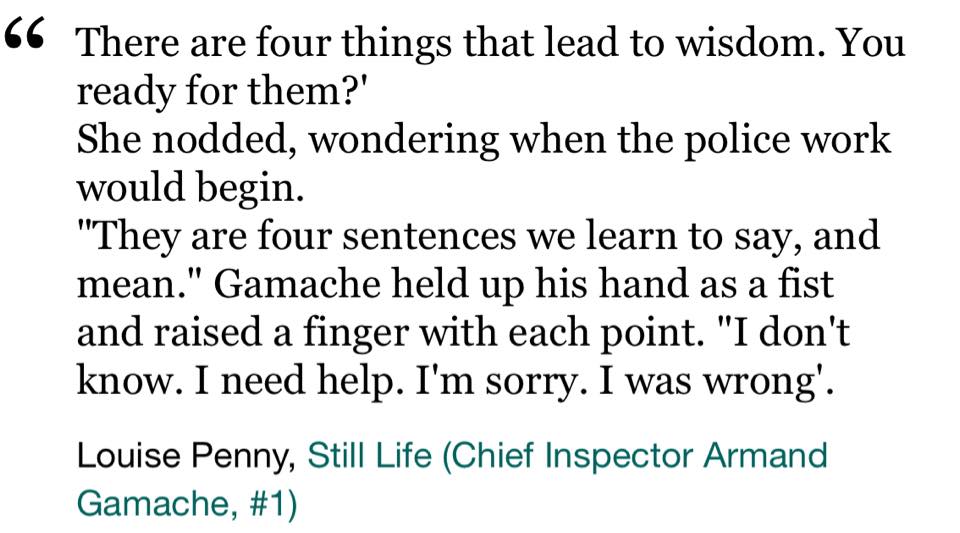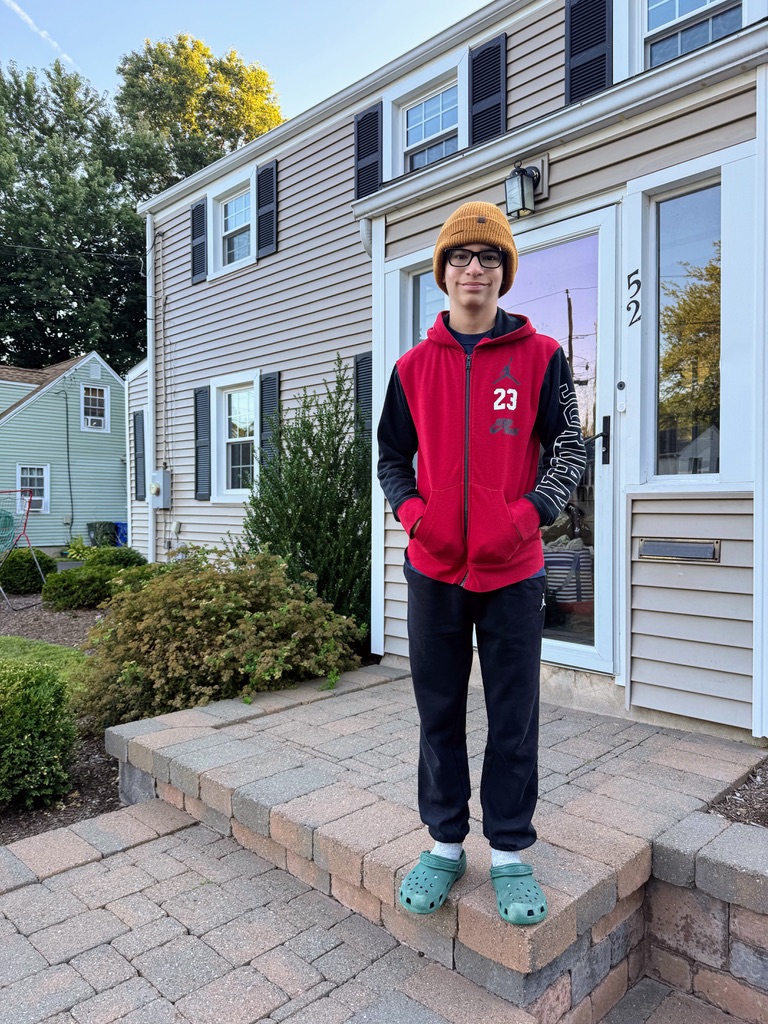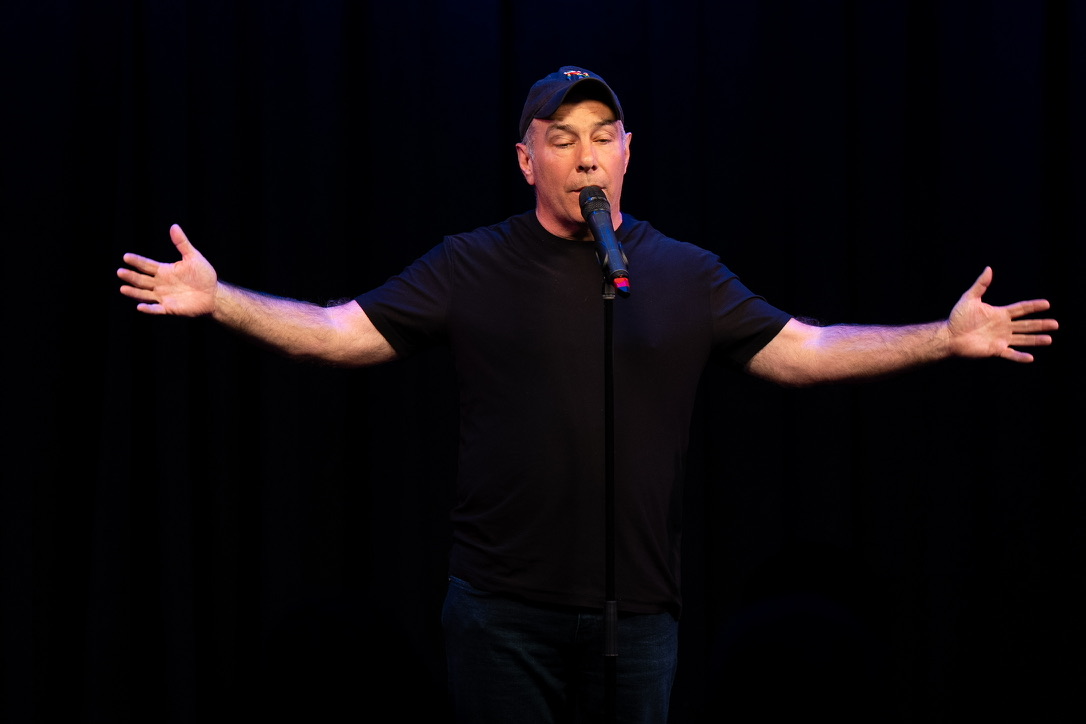Years ago, Elysha and I were waiting in the green room prior to a Moth GrandSLAM in Brooklyn. One of our friends was telling a story, and in the midst of it, Elysha asked him to explain a word she didn’t understand.
Our friend paused in disbelief.
“What?” Elysha asked.
“It’s just so odd to hear someone admit to not knowing something. Your confidence is astounding. And beautiful.”
It was a small moment, but I’ll never forget it because our friend was right. Elysha could’ve simply allowed the unknown word to pass by unmentioned.
Many people would, I think.
But being who she is, Elysha did not. Not knowing something isn’t a problem when you’re a strong, confident person.
Conversely, “I don’t know” can be difficult for someone struggling with confidence. Also, anyone who feels like they don’t belong and perhaps never quite belong. Also, anyone who lives in fear of being judged and who places enormous weight upon that judgment.
“I don’t know” is also nearly impossible to say for thin-skinned egotists, frightened little monsters, and pathetic pretenders.
But if you feel relatively good about yourself and your position in the world, “I don’t know” should not be hard to say unless you are cursed with the ridiculous belief that you should know everything.
Along similar lines, my friend, Casey, sent me this excerpt that I liked quite a bit.
Four equally challenging questions for people who think that false bravado, pompous puffery, illusionary stature, and self-aggrandizement are worthy pursuits.
They are perhaps four of the most important sentences a person can say. Just as important, perhaps, as “I love you” and “Hold the pickles.”
These are the kinds of sentences that only the best of us can speak with any regularity.



